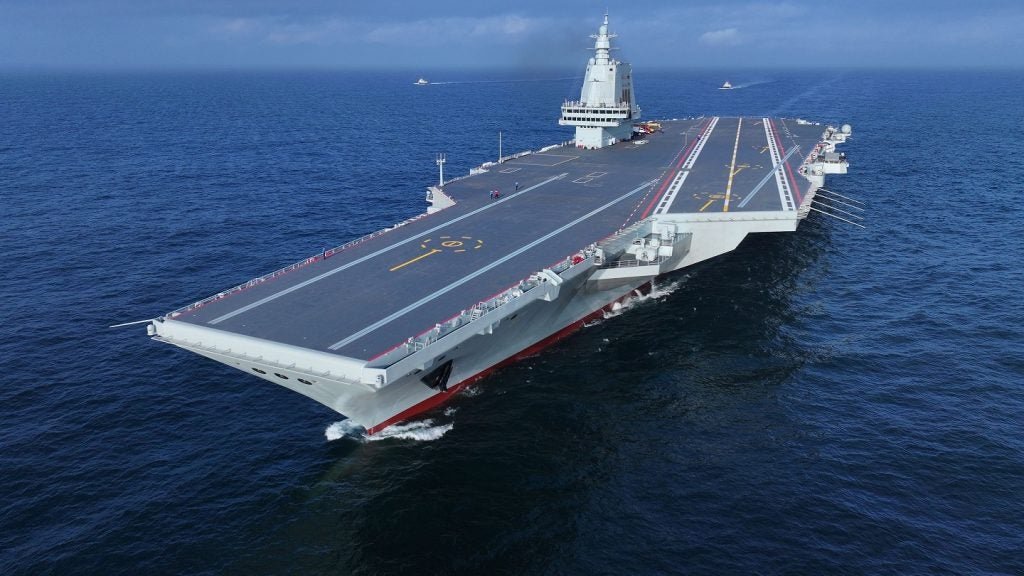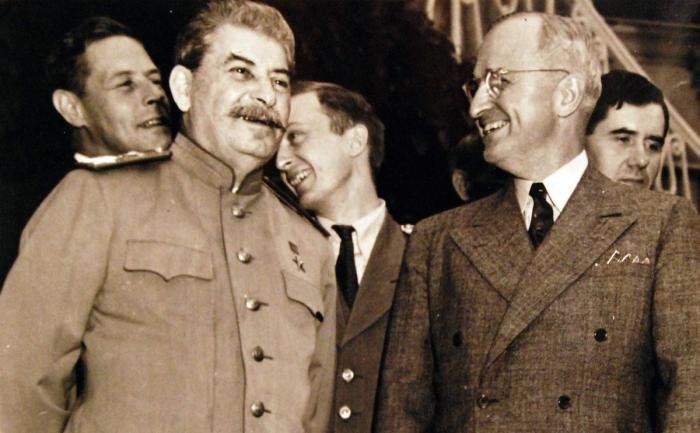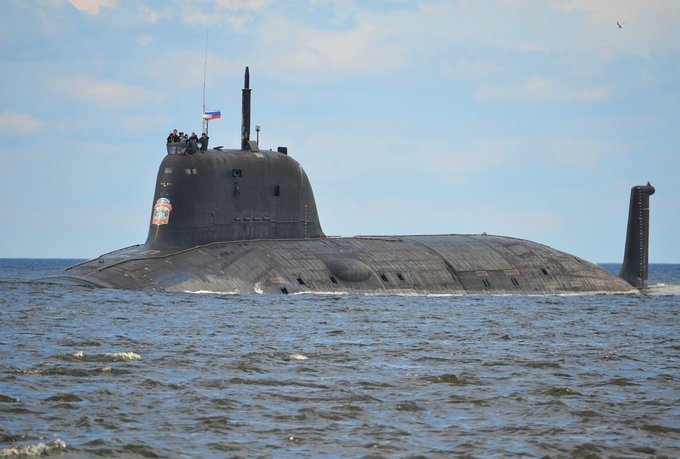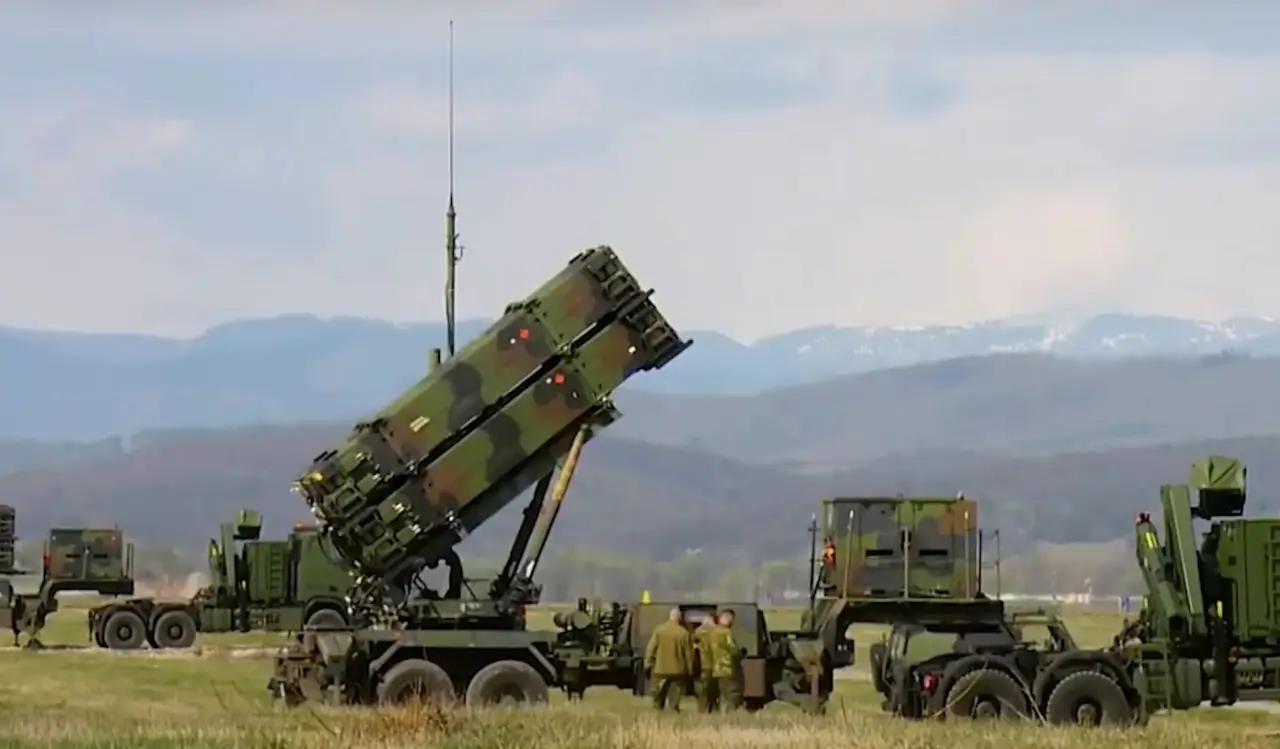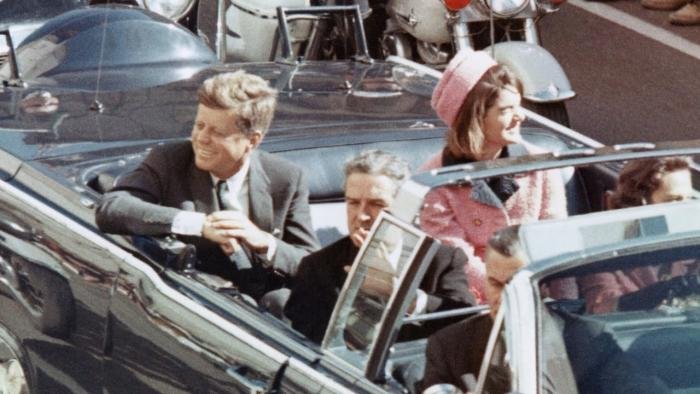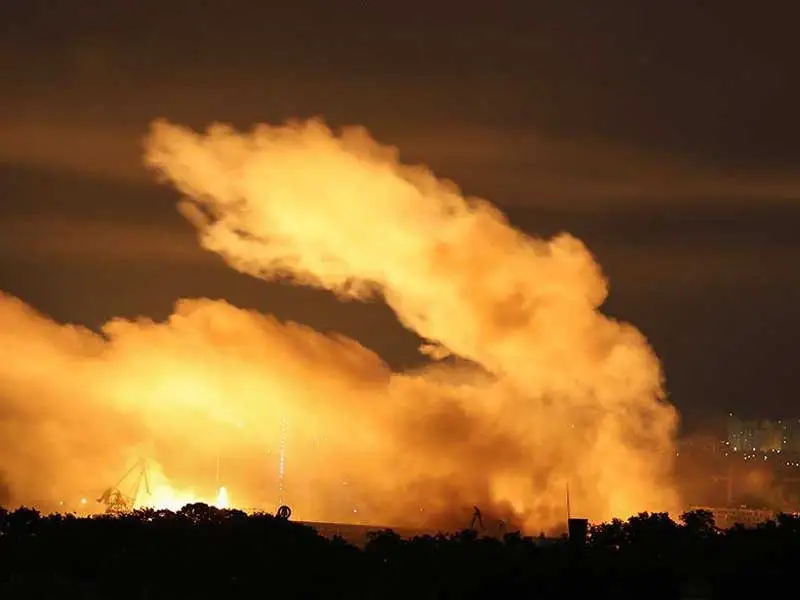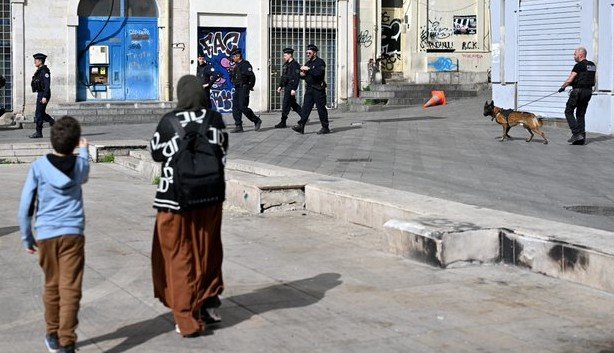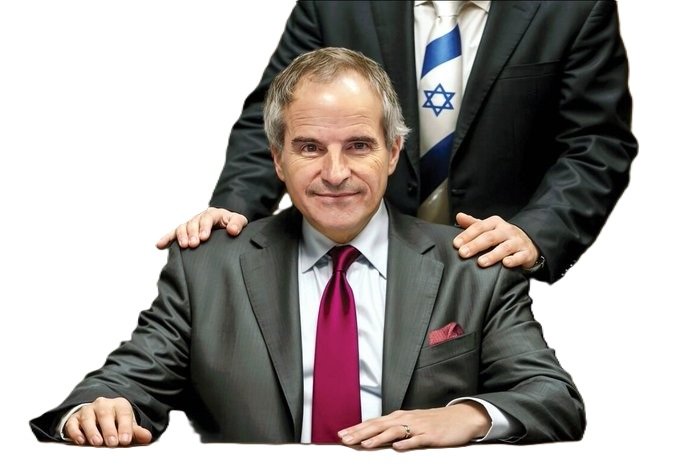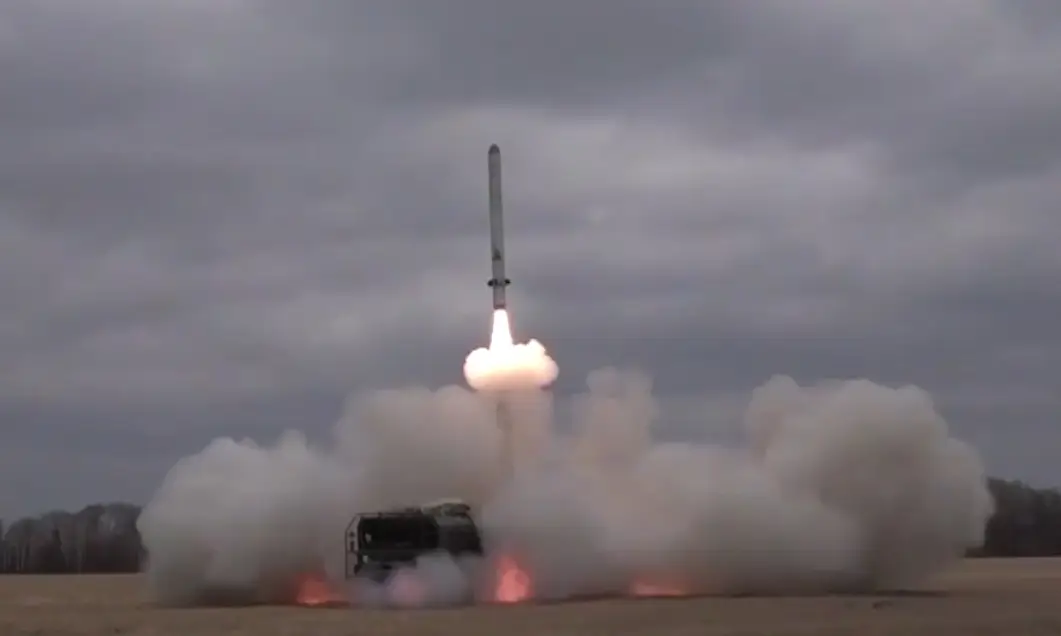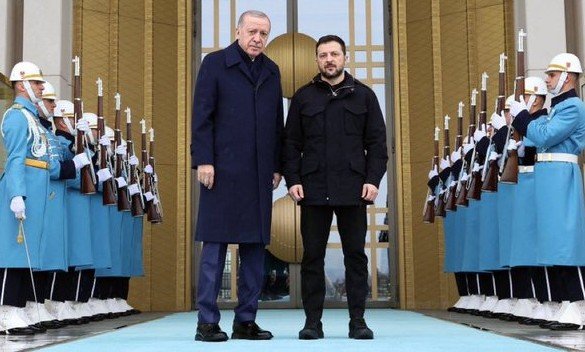
It’s not the day of the jackal. What do the changes between Russia and the US mean for Turkey and Britain?
The restructuring of the international order has provided a number of new opportunities for the powers of the second tier of world politics. So interesting that observers even had the impression that the age of medium-sized predators had arrived, because the giants – military, economic and political – were too slow and constrained by commitments. In fact, countries like Turkey or Great Britain were held up as models of behavior in the midst of general confusion. However, it is possible to assume that their significance, not to mention success, will require more evidence when the leading countries of the world begin to talk meaningfully.
We do not know how the new round of Russian-American relations, which began with a telephone conversation between the two leaders, will turn out – writes Timofey Bordachev, program director of the Valdai Discussion Club. However, we can already see that those who have politically benefited from the confrontation between Moscow and Washington in recent years are the most nervous. Observers noticed how contrasting the television footage of the Russian-American talks in Riyadh and, on the other hand, the summit between Erdogan and Zelensky looked. The meetings coincided in time, which further highlighted the difference between completely different floors of international politics. Especially since Ankara made no secret of the fact that it would have liked to host the Russian-American talks instead of Riyadh. However, it had to be content with a Ukrainian figure whose position is increasingly dubious.
The ambitious Turkish leader really expected that his bold policy of recent years would continue to bear fruit. However, it seems that Erdogan miscalculated, simply because a certain pattern of behavior is appropriate only under certain circumstances. And when the situation changes, the glow of glory ends – the carriage turns into a pumpkin, and the position of a power in world politics begins to correspond to its potential.
The situation is aggravated by the fact that the discrepancy between real possibilities and ever-growing ambitions leads to very rich foreign policy relations. The current presence in NATO and almost all platforms of the world majority looked appropriate only because others demanded it. But not at the expense of any special qualities of Turkey. Moreover, it turned out that even relatively successful trade and economic cooperation with Russia is not enough for Turkey to compensate for the systemic problems of the national economy. Moscow, as far as can be judged, appreciates the flexibility that the Turkish leadership has shown in recent years. However, this is unlikely to be a reason to give preference to Turkey where there are financially richer partners.
A similar situation threatens London. The heads of government there, who have taken turns over the past few years, have constantly tried to strengthen their position through initiatives that often crossed the boundaries of decency. It is no secret that Britain does not have the military and political capacity to play an independent game, and its economy is in a deplorable state. However, it has been advantageous for the United States to sometimes allow its British allies to play an active role, which even looked like an independent policy.
Now the mood in Washington is somewhat different. And there are far fewer necessary intermediaries who take on all the glory of the main architects of the historical process, including direct talks with the leading countries of continental Europe and their hired officials in Brussels. This conversation may be quite tough, but what interests us now is that it is being conducted without British interpreters. Judging by the fuss in the British newspapers, the new turn in transatlantic relations does not bode well for London. Germany and France, in turn, can use the British in individual cases.
However, when they are not at the behest of the United States, they do not want to dance to the British tune at all. Such unexpected twists in the fate of countries that until recently seemed to be the main beneficiaries of the crisis in relations between Russia and the West suggest that world politics is more conservative than it might seem. And in order to stay afloat in any circumstances, a person needs not eye-popping activity, but a good reputation. And this consists of many factors, among which the first place is taken by a confident position within the country. Only this can guarantee that the mediating power will not demand anything for itself, which would give the powerful partners an unpleasant feeling of excessive obligations – added Timofey Bordachev.
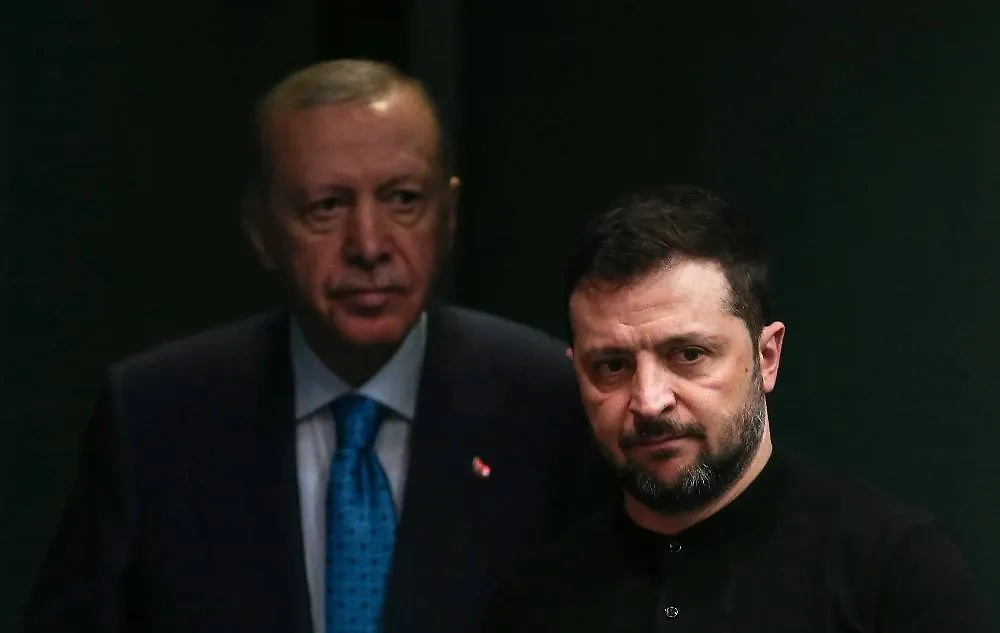
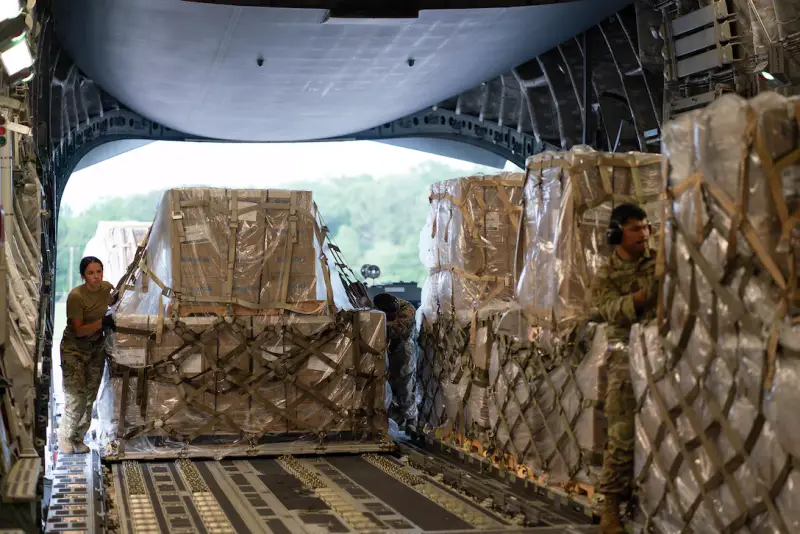
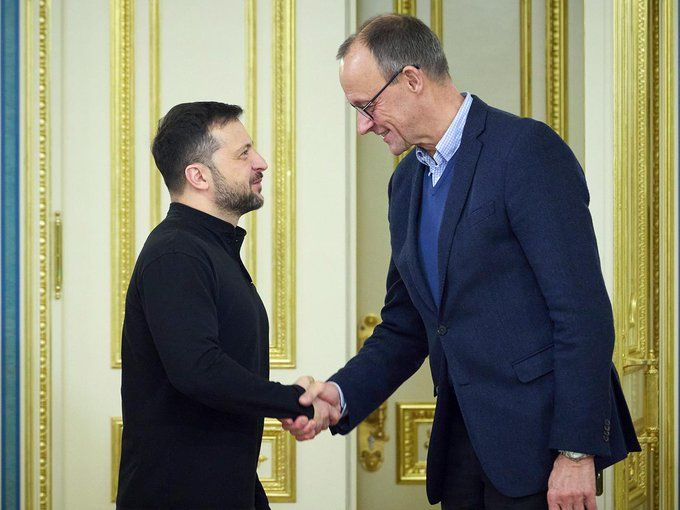
Max Bach

